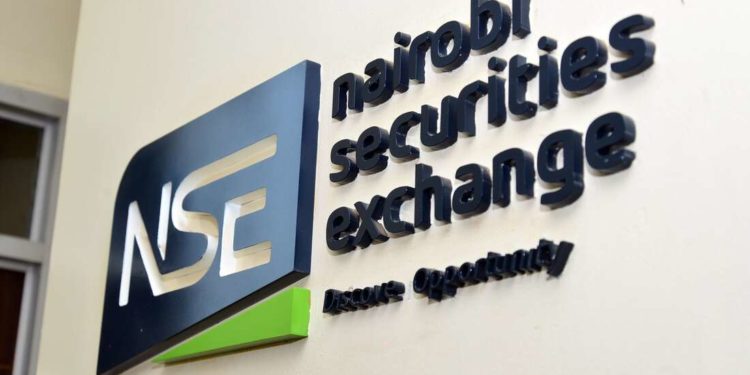Despite reporting record profits in a challenging economy, many listed banks in Kenya remain undervalued by investors in the stock market relative to their net asset value, according to analysis of price-to-book valuations.
The price-to-book ratio is used by investors to gauge whether stocks are overvalued or undervalued in the stock market, with a low ratio indicating that a stock is undervalued.
For listed banks at the Nairobi Securities Exchange, the price-to-book ratios range from 0.17 times to 1.15 times, with the majority falling between 0.4 and 0.9 times. The median price-to-earnings ratio for banks has also fallen to 3.8 times from 8.4 times five years ago, while the median price-to-book ratio has fallen to 0.7 from 1.2 in the same period.
Read: Ruto Assures Investors of a Predictable Tax Regime
Despite consistently higher profits for banks, their share price performance over the last year has been mixed, with some banks recording negative movement while others have seen double-digit price growth. Seven out of 11 listed lenders have witnessed their share prices appreciate in the last 12 months, while four have recorded a depreciation. The muted share price growth has been seen despite the lenders being some of the most consistent in the market in the payment of dividends. Ten out of the 11 banks declared a payout for the year ending December 2022, giving their stocks dividend yields of between 5.7 percent and 13 percent, which largely rival the net yields on offer on government securities.
The undervaluation of banks is in contrast to other large blue chip counters such as Safaricom, EABL, and BAT, which have a higher price-to-book ratio compared to banks, suggesting that their stocks are overvalued by investors. Safaricom and EABL, along with large lenders such as Equity and KCB, dominate trading at the NSE, largely due to foreign activity on their counters.
Email your news TIPS to editor@thesharpdaily.com


















